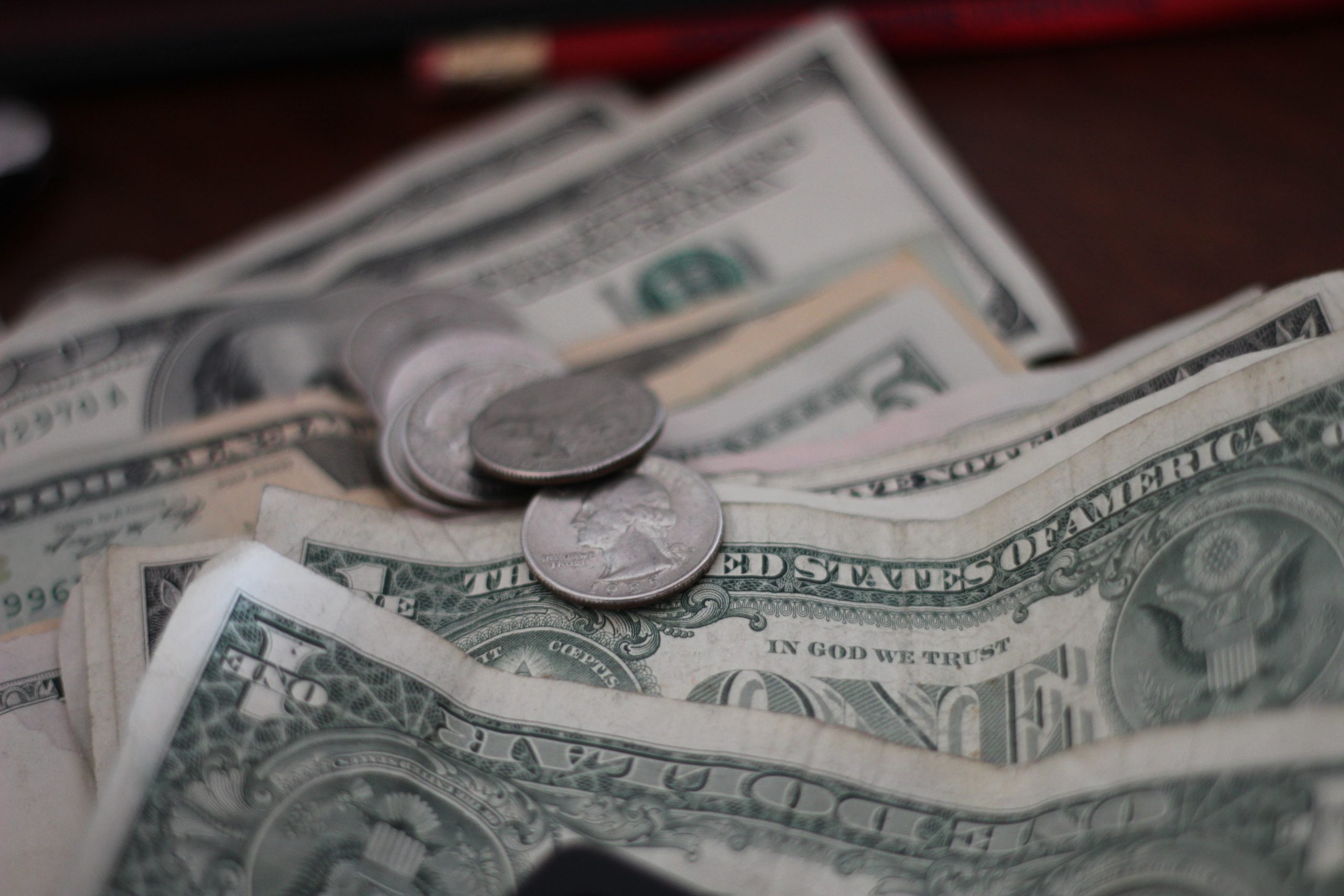The global economy has been hit with a barrage of challenges in recent years, from the ongoing COVID-19 pandemic to geopolitical tensions and social unrest. But for many investors and analysts, one issue looms larger than all the rest: banking turmoil. As financial institutions struggle to weather changing regulatory environments and increased competition from fintech challengers, global interest rate rises have taken a major hit. In this blog post, we’ll explore the impact of these developments on the wider world economy – as well as what they mean for businesses and consumers alike. So buckle up and get ready for some expert analysis!
What is the global rate?
The global rate of interest increased in March, but decreased in April as the banking sector continues to struggle. The World Bank’s “Global Financial Stability Report” released on May 3 showed that the global rate of interest averaged 7.3% in 2016, which is up from 6.9% in 2015 and 5.8% in 2014. However, the global rate of interest decreased to 7.1% in April from 7.3% in March due to tighter credit conditions and a decline in investment opportunities globally.
The report showed that the contraction of credit demand was mainly seen across emerging market economies, where it increased from 11% to 18%. The contraction of credit demand was also seen domestically within advanced economies, such as the United States and Japan, although at a slower pace than emerging markets. This indicates that the most recent financial turmoil has caused a slowdown not only in investments but also borrowing activities among businesses and consumers around the world.
In response to the banking crisis, many central banks have started implementing stricter lending guidelines and regulations which have affected the availability of loans for businesses and consumers around the world. This has resulted in a decline in both long-term and short-term rates as lenders try to avoid being caught up in any future financial disasters.
What factors influence the global rate?
The global rate of interest rose slightly in July, but it remains low by historic standards. Factors influencing the global rate include the overall state of the economy and financial markets, as well as regional variations.
The global economy is still recovering from a number of economic difficulties, including the 2008-2009 financial crisis. The world’s major economies are still trying to find their footing and determine their respective roles in an increasingly multipolar world. Financial markets are also highly sensitive to changes in economic conditions and tend to react quickly to new developments.
Regional variations also play a role in setting the global rate of interest. For example, countries with greater fiscal reserves tend to have higher rates of interest than those with less fiscal reserves. This is because investors view government debt as a more secure investment than corporate or foreign debt.
How does the global rate impact your finances?
The global rate has taken a hit in the wake of the banking turmoil. The IMF has lowered its projection for global growth for 2013 by 0.2%. This means that the world economy will grow by just 2.4% this year, down from their original projection of 2.7%. This has huge implications on our finances as it means that we will be earning less money and spending less on our everyday items.
The reason for this slowdown is due to the increase in uncertainty around the world. Financial institutions have been struggling and this has led to a decrease in borrowing and lending which then impacts economic growth. In addition, businesses have been cautious about investing, which also puts downward pressure on growth.
The downbeat economic news doesn’t stop there though – it’s now been confirmed that Cyprus will need another bailout worth 11 billion euros ($14 billion), more bad news as we head into an election season in Europe where austerity is a key issue. So while we may feel like things are dire at home, the rest of the world is still facing some very tough times!
What should you do if you’re worried about the global rate?
If you’re worried about the global rate, here are some things to keep in mind.
The global rate is a measure of how much investors are willing to lend to each other. It’s been on the rise recently, but it’s taken a hit since the banking turmoil started.
Investors are likely to be more cautious about lending money now because they don’t know what the future holds. They may also be afraid that if something bad happens again, they won’t be able to get their money back quickly.
If you’re looking to invest in something that could potentially benefit from this cautiousness, you may want to consider stocks or bonds. Stocks are probably more risky, but they also tend to provide good returns over time. Bonds are less risky but may not provide as good of a return.
Conclusion
Global rates rose in response to the latest banking turmoil, but it seems that investors are pausing for a breath before making any rash decisions. This is likely due to the fact that there are still many unanswered questions about just how bad things will get for the industry. Regardless of what happens next, it’s important to remember that banks always have the option of issuing more debt and lending even more money than they currently are doing. It would be foolish to assume otherwise at this point.










